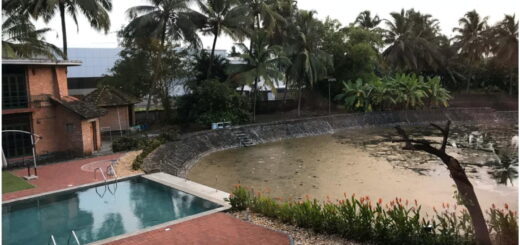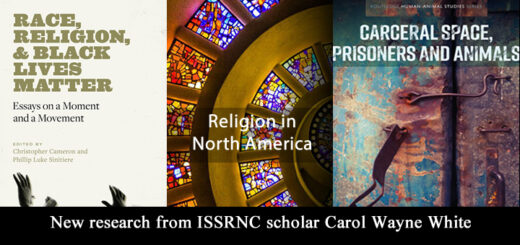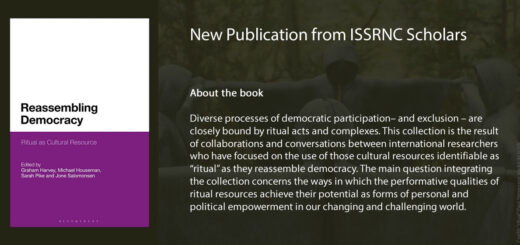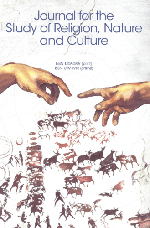That All May Flourish: Comparative Religious Environmental Ethics – Laura Hartman (Ed.)
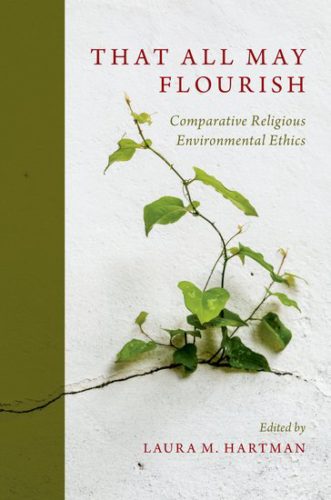 We are excited to share another recent edited publication from ISSRNC member Laura M. Hartman titled That All May Flourish: Comparative Religious Environmental Ethics, published summer 2018 by Oxford University Press. Hartman is Assistant Professor in Environmental Studies at Roanoke College. Her other publications include The Christian Consumer: Living Faithfully in a Fragile World (OUP, 2011).
We are excited to share another recent edited publication from ISSRNC member Laura M. Hartman titled That All May Flourish: Comparative Religious Environmental Ethics, published summer 2018 by Oxford University Press. Hartman is Assistant Professor in Environmental Studies at Roanoke College. Her other publications include The Christian Consumer: Living Faithfully in a Fragile World (OUP, 2011).
As Hartman notes in the introduction, the challenge of “flourishing” in the 21st century is about resource limits and global equity, and thinking through precisely what a global flourishing might look like–for both humans and non-humans–given the constraints of finite ecological resources, expanding populations, and rising global demands for a better life. As Hartman points out, “this version of human flourishing–unequal across global differences as it is–already exacts a significant toll on nonhuman flourishing.” As the authors in this edited volume point out, those living in the industrialized world face a deep paradox since our happiness also has a dark side. As Hartman poignantly states, “my well-being also entails harm to other humans and to various ecosystems.”
Here is a brief description of the book from the publisher:
Can humans flourish without destroying the earth? In this book, experts on many of the world’s major and minor religious traditions address the question of human and earth flourishing. Each chapter considers specific religious ideas and specific environmental harms. Chapters are paired and the authors work in dialogue with one another. Taken together, the chapters reveal that the question of flourishing is deceptively simple. Most would agree that humans should flourish without destroying the earth. But not all humans have equal opportunities to flourish. Additionally, on a basic physical level any human flourishing must, of necessity, cause some harm. These considerations of the price and distribution of flourishing raise unique questions about the status of humans and nature. This book represents a step toward reconciliation: that people and their ecosystems may live in peace, that people from different religious worldviews may engage in productive dialogue; in short, that all may flourish.
You can find her book at the OUP website, or at your favorite local bookstore or online retailer.
If you have a new publication you would like highlighted, please let us know.

